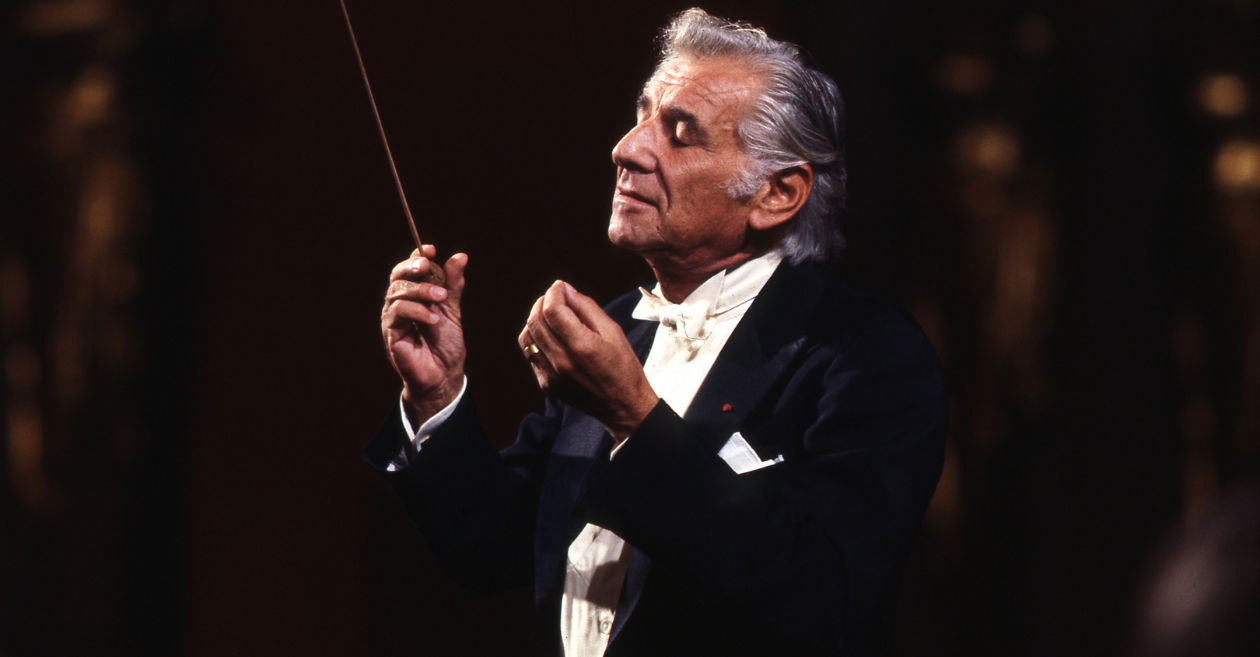


Leonard Bernstein, a name that reverberates through the realms of classical music, holds an indelible place in the annals of musical history. His multifaceted career spanned conducting, composing, and educating, leaving an enduring mark on the world of music. Let's explore the facets that make Leonard Bernstein best known and the remarkable achievements that define his legacy.
People Also Read: Clay And Ruben Tour 2023
Leonard Bernstein's career skyrocketed when he took the helm as the conductor of the New York Philharmonic in 1958. Known for his charismatic stage presence and dynamic interpretations, Bernstein transformed the orchestra's performances, captivating audiences worldwide. A glance at the records reveals his significant impact during his tenure.
| Year | Number of Performances | Notable Achievements |
| 1958 | 112 | Debut Season |
| 1962 | 200 | "Mahler: Symphony No. 2" Premiere |
The prolific number of performances and groundbreaking premieres solidify Bernstein's reputation as a maestro at the forefront of the classical music scene.
One cannot delve into Leonard Bernstein's legacy without celebrating his magnum opus, "West Side Story." This Broadway masterpiece, a modern retelling of Shakespeare's Romeo and Juliet, showcased Bernstein's versatility as a composer. The musical not only earned critical acclaim but also etched Bernstein's name in the history of American musical theater.
| Award Category | Awards Won |
| Tony Awards | 6 |
| Grammy Awards | 1 |
| Academy Awards (for the film) | 2 |
These accolades underscore the enduring popularity and cultural significance of "West Side Story," solidifying Bernstein's position as a musical genius.
Beyond the stage and the studio, Leonard Bernstein made significant contributions to music education. His "Young People's Concerts" with the New York Philharmonic brought classical music to a wider audience, making it accessible and enjoyable for all. Bernstein's ability to demystify complex musical concepts endeared him to both young and seasoned audiences.
| Number of "Young People's Concerts" | Impact on Music Education |
| 53 (1958-1972) | Pioneering and Influential |
Bernstein's dedication to music education transcended the concert hall, leaving an indelible mark on future generations of musicians and music enthusiasts.
Leonard Bernstein's influence extended beyond the realm of music, as he actively engaged in social and political issues. His commitment to civil rights and advocacy for peace resonated globally. Bernstein's involvement in cultural diplomacy, including conducting performances in the Soviet Union during the Cold War, showcased the transformative power of music.
| Landmark Performances | Impact on Cultural Diplomacy |
| Concert in East Berlin (1989) | Symbol of Unity |
| "Ode to Freedom" at the Berlin Wall | Celebrating the Fall of Wall |
These historic performances underscore Bernstein's belief in the unifying power of music to bridge cultural and political divides.
Leonard Bernstein's legacy is a harmonious symphony of conducting, composing, educating, and advocating for a better world through music. From the grandeur of the New York Philharmonic to the timeless melodies of "West Side Story," Bernstein's contributions remain etched in the hearts of music lovers worldwide. As we reflect on his unparalleled achievements, we find inspiration in the enduring resonance of a musical maestro who left an indelible mark on the world.
Leonard Bernstein is best known for his multifaceted contributions to the world of music, particularly as a masterful conductor of the New York Philharmonic, the iconic composer of "West Side Story," and a renowned music educator.
Bernstein's tenure as the conductor of the New York Philharmonic from 1958 to 1972 saw a prolific number of performances and groundbreaking premieres, solidifying his reputation as a maestro. Notable achievements include his debut season in 1958 and the premiere of "Mahler: Symphony No. 2" in 1962.
"West Side Story" garnered several prestigious awards, including six Tony Awards, one Grammy Award, and two Academy Awards for the film adaptation. These accolades highlight the musical's critical acclaim and cultural significance in the realm of American musical theater.
Leonard Bernstein made significant contributions to music education through his groundbreaking "Young People's Concerts" with the New York Philharmonic. Over 53 concerts from 1958 to 1972, he demystified complex musical concepts, making classical music accessible and enjoyable for audiences of all ages.
Beyond his musical achievements, Bernstein actively engaged in social and political issues. His landmark performances, including the concert in East Berlin in 1989 and "Ode to Freedom" at the Berlin Wall, showcased his commitment to cultural diplomacy and the unifying power of music in promoting peace and unity.
Trash to treasure: How Google thinks
Spring Fashion Show at the University
Matter of Impact: April updates from
Android Enterprise security delivers
We are not gonna make spamming
Copyright By@TheWebTrends - 2023
BACK TO TOP